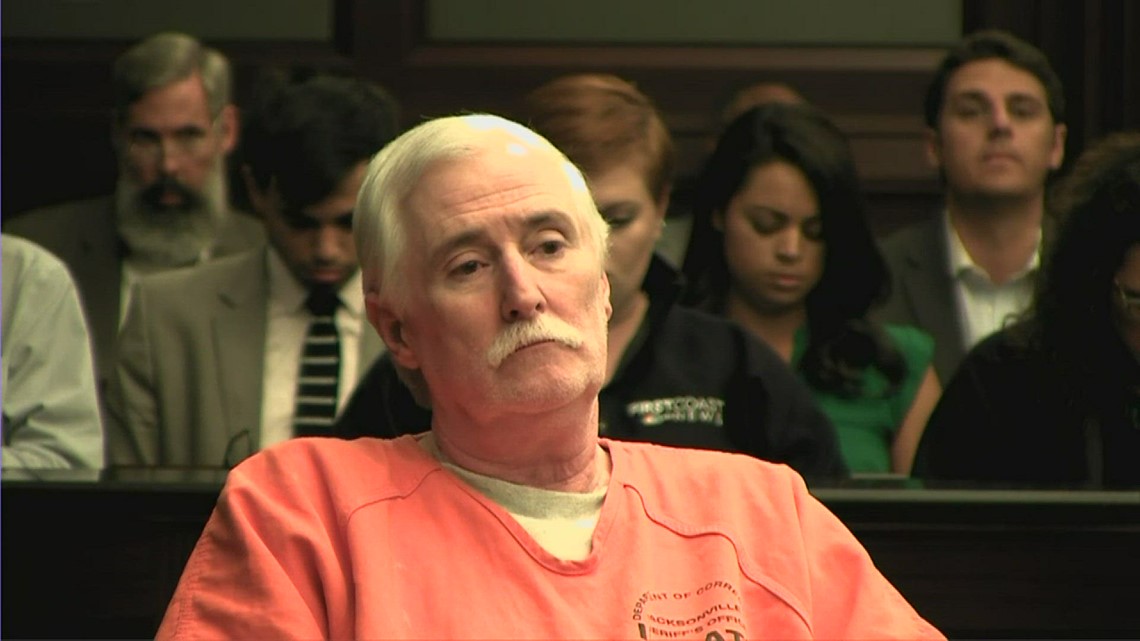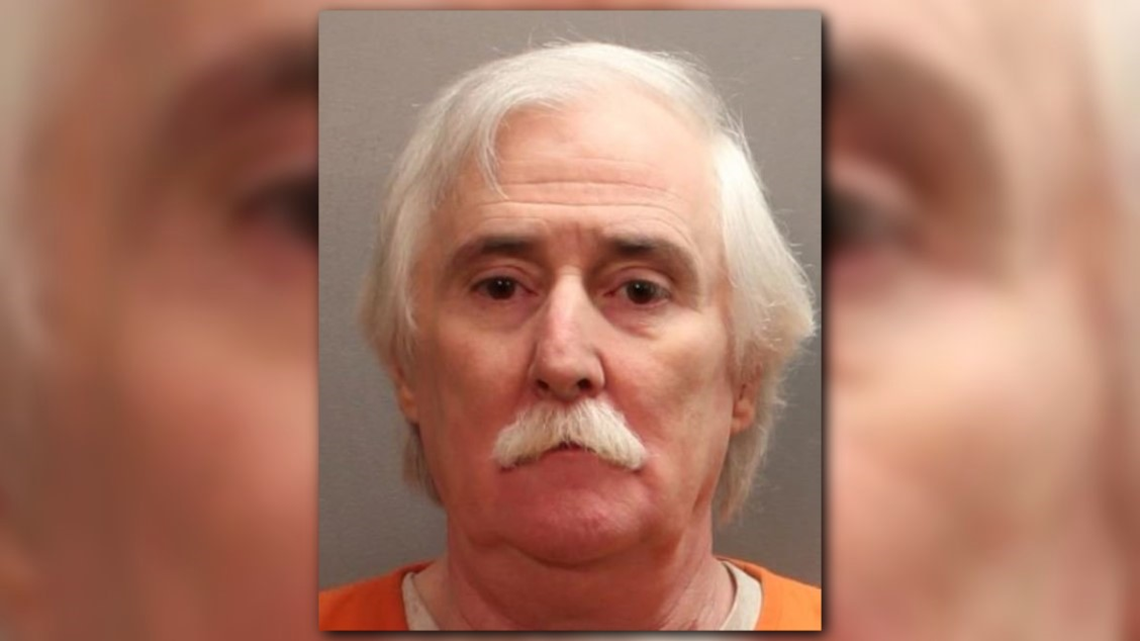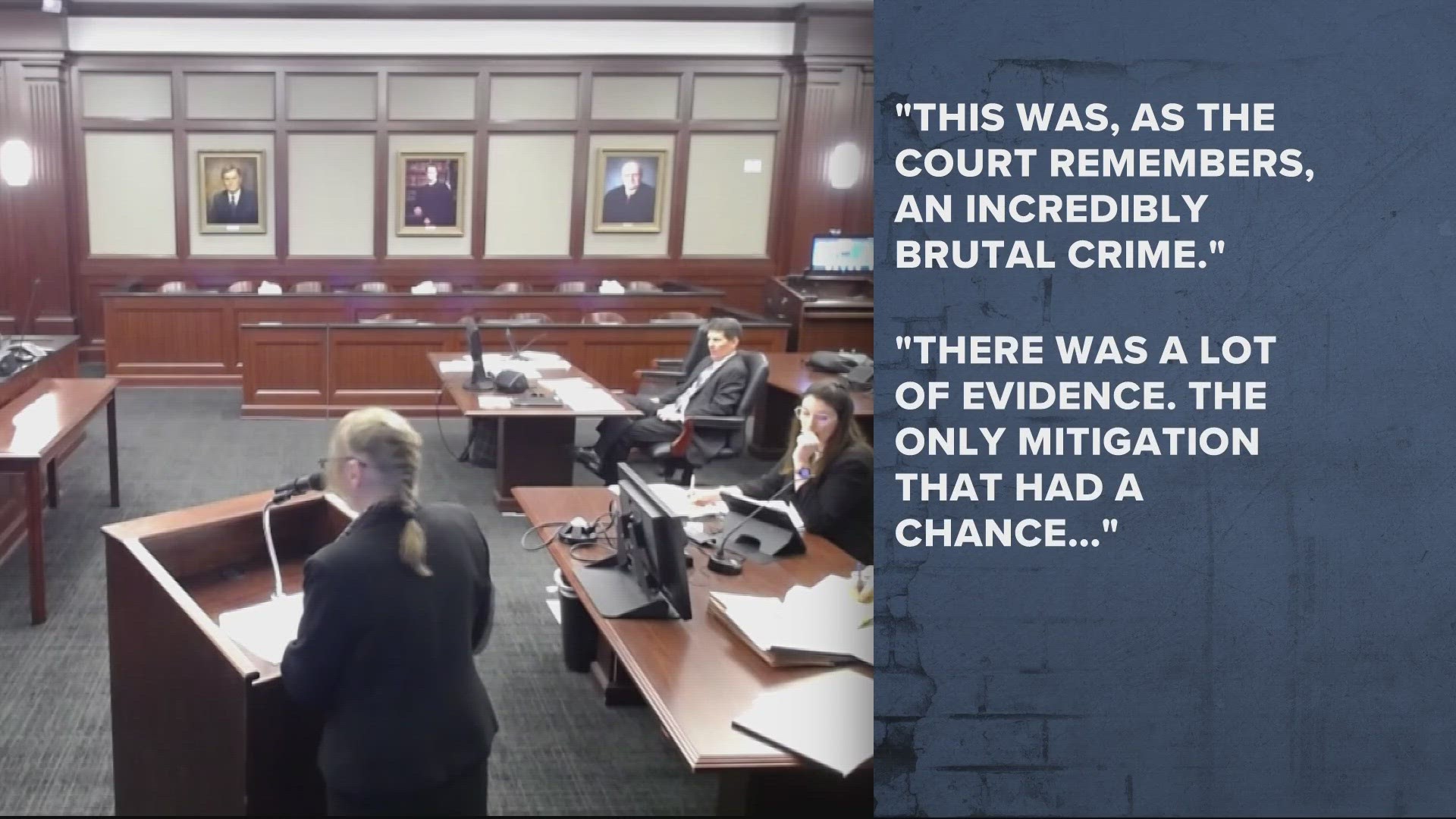JACKSONVILLE, Fla. — Nearly 10 years after an 8-year-old girl was kidnapped from a Jacksonville Walmart, raped, and murdered, the case against her killer is returning to a Duval County courtroom. On Monday, a judge agreed to grant a hearing on Donald Smith's postconviction claims that his original trial attorneys were ineffective.
Cherish Perrywinkle would have been 19 had she lived. The man who took her life in 2013, the now-67-year-old Smith, didn't appear in court. However, attorneys handling his post-conviction process told Senior Circuit Judge Mallory Cooper the hearing was required.
“Defendants are entitled to a trial,” Smith’s attorney Ann Marie Mirialakis told Cooper, who presided over the 2018 death penalty trial. “You are entitled to something more than a licensed attorney sitting at a table.”
Mirialakis said Smith's lawyers failed in a variety of ways, including the fact that they elected not to cross-examine Cherish Perrywinkle’s mother right after prosecutors played her panicked 911 call. That meant relinquished their chance to challenge Rayne Perrywinkle's credibility, including alleged “prior false statements under oath.”
However, Sheila Loizos, director of the State Attorney’s Office’s legal division, argued that decision was made by Smith. He instructed his attorneys not to question Rayne Perrywinkle; they simply followed his instructions.
“Donald Smith was convicted on video and DNA evidence, and not whether a fairly minor witness was not cross-examined at his request,” Loizos said. She called the evidence against Smith “overwhelming.”
"There was the video of the child being led out of the store," she said. "The DNA evidence was [found on the child’s various body parts]." A single witness' testimony "pales in comparison to that evidence of guilt."
Loizos continued, "A defendant is entitled to a fair trial -- not a perfect trial. Donald Smith got a fair trial."
Smith’s postconviction attorney Maritere Taveras-Zohn also criticized Smith’s trial attorneys for calling forensic psychologist Dr. Heather Holmes as their first witness at the penalty phase of Smith’s trial. Not only did Holmes not present any mitigating evidence, Taveras-Zohn said putting her on the stand “opened the door to an avalanche of otherwise unavailable aggravating evidence,” including Smith's prior sex crimes.
When cross-examined by State Attorney Melissa Nelson, Holmes called Smith “a mentally disordered sex offender” from the time he was a teenager, and said after evaluating Smith three times, she could find no mitigating evidence on his behalf.
“You testified that, based on your evaluation and your review of history, that there is nothing mitigating to him?” Nelson asked. “That’s correct,” Holmes replied.
Not only was Holmes not helpful, Taveras-Zohn said she offered the “seemingly biased statement that [Smith] was the most dangerous pedophile she had ever met.”
Loizos dismissed that contention, saying Holmes’ testimony was key to his penalty phase strategy.
“They had to put on Dr. Holmes in order to show that the state 'failed' by releasing him from prison and not holding him under [the] Jimmy Ryce [Act].”
“This was an incredibly brutal crime,” Loizos continued. “There was a lot of evidence. The only mitigation that had a chance was to show that Donald Smith was a horrible human being and it's 'the state's fault' that he was free. He should have been incarcerated, and that ‘mistake’ was the state’s fault."
Monday’s status hearing was to determine whether a full evidentiary hearing, including sworn testimony from Smith’s trial attorneys, should be held at a later date. Judge Cooper agreed a hearing was required and set it for Dec. 4. That hearing is expected to last at least a day.
Smith is currently being held at Union Correctional Institution in Raiford, Florida.







